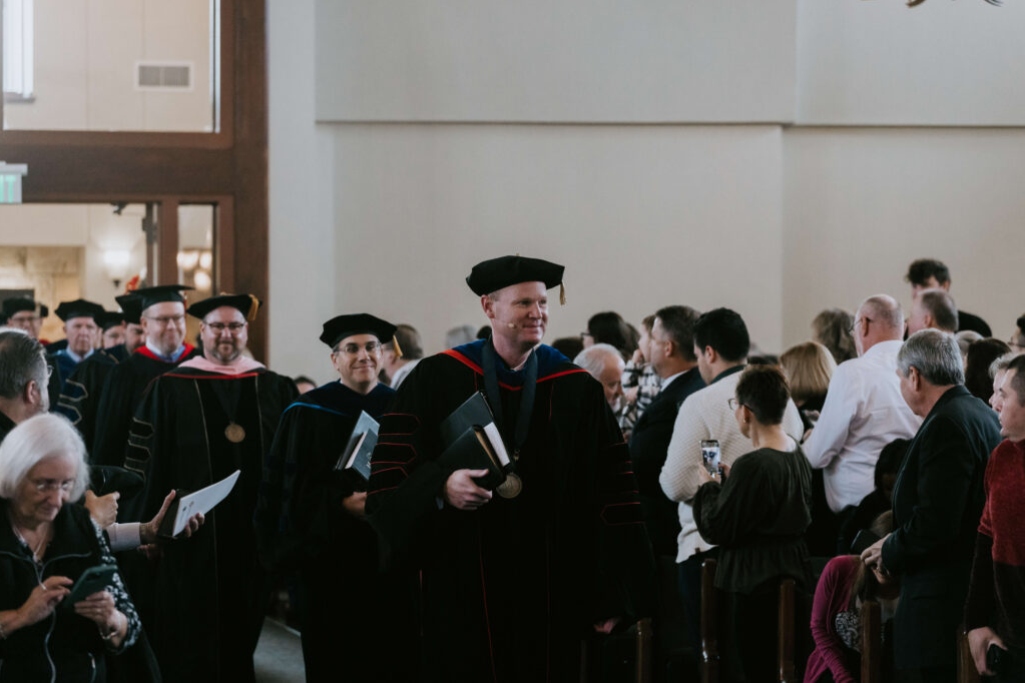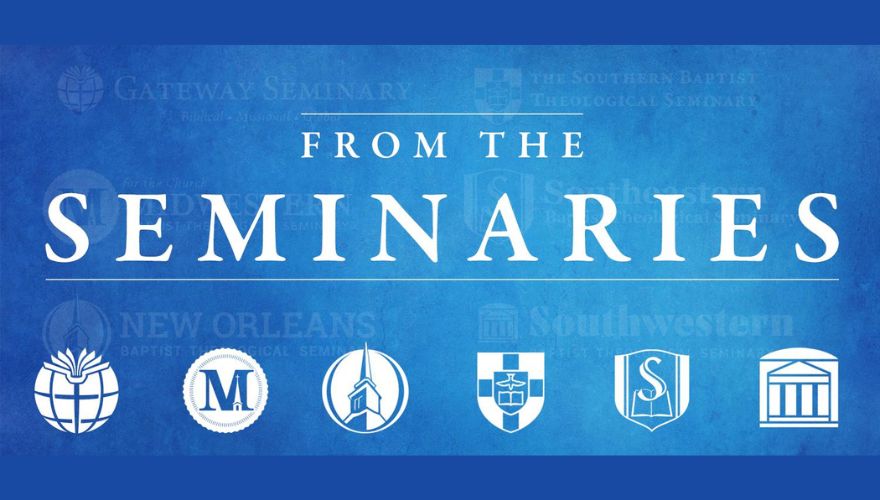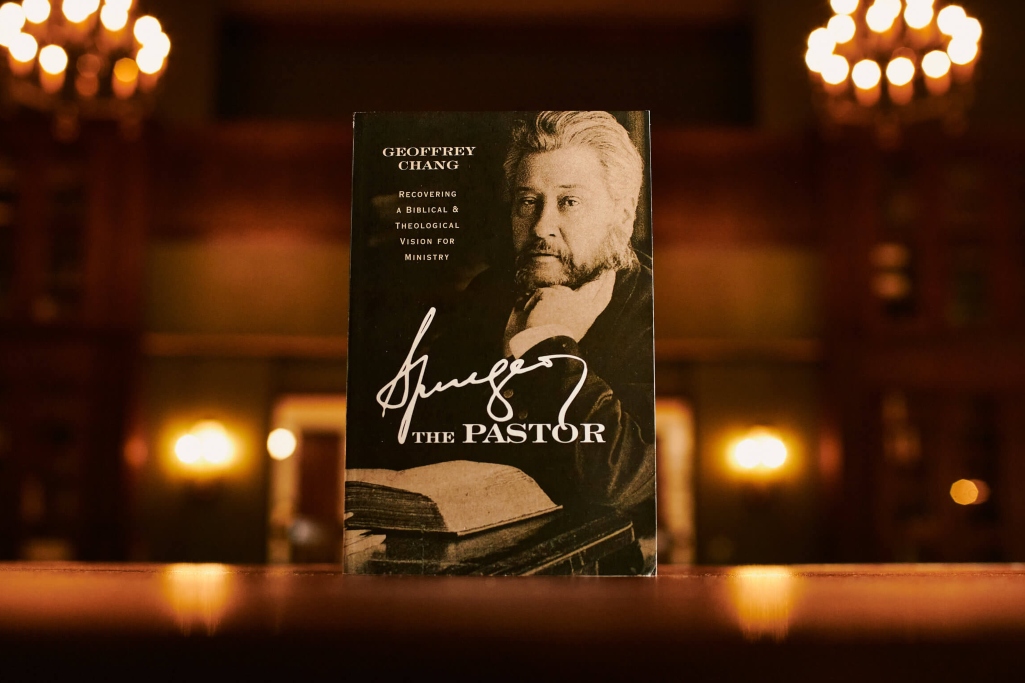
Famously known as the “Prince of Preachers,” legendary Baptist pastor Charles Spurgeon is most notable for his sermons which have been endlessly quoted by evangelical Christians for years.
Yet, according to Geoff Chang, assistant professor of historical theology and curator of the Spurgeon Library at Midwestern Baptist Theological Seminary (MBTS), an overlooked aspect of Spurgeon’s ministry is actually his work as a local church pastor and his Baptistic ecclesiology.
Spurgeon was the pastor of New Park Street Chapel (now the Metropolitan Tabernacle) in London from the early 1850s until 1891, shortly before his death.
During his tenure, the congregation grew from a few dozen upon his arrival to the largest evangelical church of the 19th century with more than 5,000 people, long before the modern concept of the “megachurch.”
Chang began exploring the topic of Spurgeon’s pastoral ministry during his doctoral studies at MBTS and while serving as an associate pastor in Portland, Ore.
This study eventually led to his new book, “Spurgeon the Pastor: Recovering a Biblical & Theological Vision for Ministry,” which was released earlier this year.
“As I looked at Spurgeon, one overlooked aspect in so much of the writing surrounding him, is just the fact that he was a pastor,” Chang said.
“I wanted to be encouraged in my own pastoral ministry by studying somebody who was also a pastor, so I began closely studying his pastoral ecclesiology. How did he think about things like church membership, church discipline, raising up elders and deacons, practicing the Lord’s Supper and baptism and promoting discipleship?”
Chang traveled all over the world, including London, for his research. The answers he found to these questions encouraged him.
“What was so fascinating to find out was he was really careful about his pastoral work,” Chang said. “He took his pastoral responsibility really seriously even in this ‘megachurch’ context where it was a lot of work. As far as I could tell, he never took any shortcuts.
“This is a model of somebody who didn’t just do the easy way to do things, but actually had convictions about what the Bible says the church should be, what a pastor should be and he was committed to these things as you see them practiced in his ministry.”
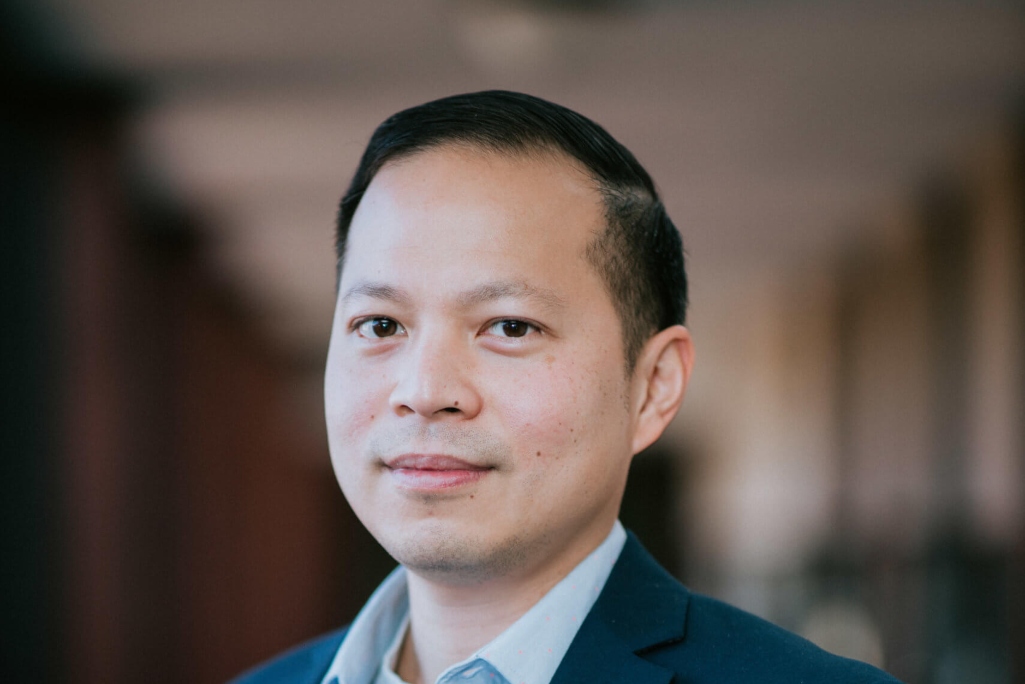
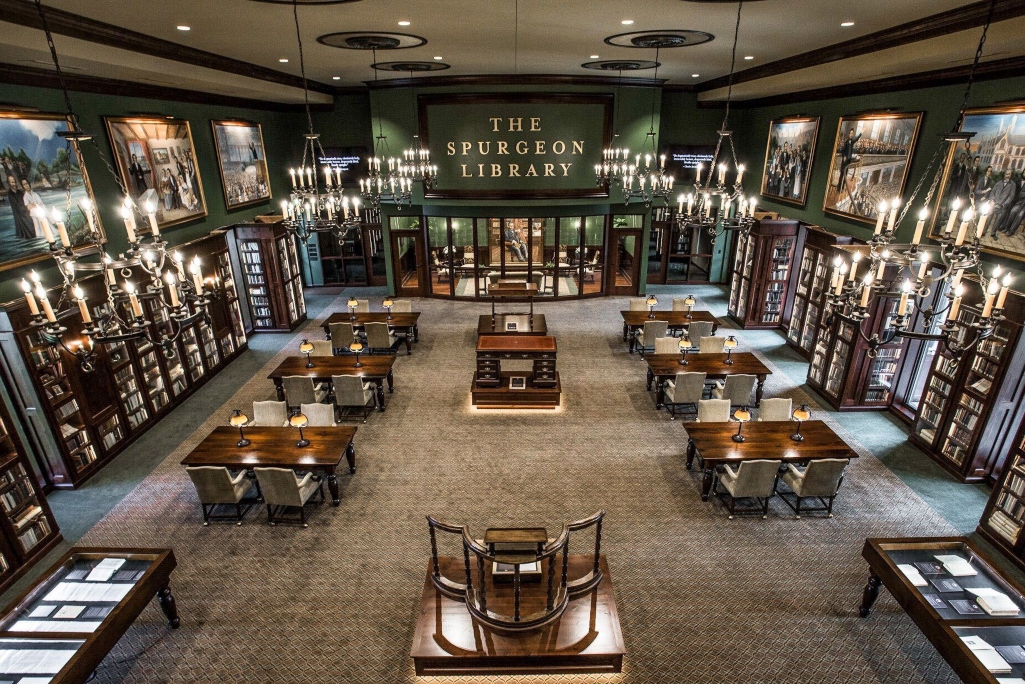
Geoff Chang, left, is an author, professor and curator of the Spurgeon Library at Midwestern, right, which houses thousands of volumes of Spurgeon’s work and valuable items related to his life and ministry.
Some of the ecclesiological commitments Spurgeon practiced, which Chang explores in the book, include being involved in membership interviews, desiring elders and deacons who would give pastoral care to the church and having a system to follow up with members who were not attending.
Chang said his research revealed a specifically Baptist ecclesiology that Spurgeon practiced in his ministry to his local church, despite the cultural pulls he was living through.
“Spurgeon was living in a time of theological downgrade, where people were starting to lose hold of orthodox doctrines in favor of more modern theology or theological liberalism,” Chang said.
“At the same time, there was also a decline in ecclesiology among Baptists. They were becoming sloppy on things like membership, church discipline, church governance and baptism. Spurgeon was resorting back to an older and more historic Baptist ecclesiology of a generation before.”
In the same way, Chang said Baptists in today’s culture may find Spurgeon’s pastoral views strange and be tempted toward pragmatism.
“People today are very gospel-centered, which is a good thing, but everything else can sometimes get shoved to the side, especially things related to church,” Chang said.
“Spurgeon understood the Church is what protects and upholds the gospel, as a pillar and a foundation of truth. He was concerned to practice these things, because that’s how you ensure the gospel continues through healthy churches. God’s evangelism plan for the world is the local church.”
After finishing his dissertation, Chang would become a professor and curator of the Spurgeon Library at Midwestern, which houses thousands of volumes of Spurgeon’s work and valuable items related to his life and ministry.
Despite his current role as a professor, Chang believes the book could reach beyond academia. He also wants it to be an encouragement to pastors to be faithful to biblical convictions, and not succumb to cultural concerns or mere practicalities.
“My main argument with this book is that Spurgeon was convictional in his ministry,” Chang said. “He based all of his practices on biblical and theological convictions. We might disagree with his practices, or do things differently than he did, but I’m encouraging pastors not to give way to pragmatism or just doing whatever works.
“As a pastor while I was researching, it was amazing to read about Spurgeon and be reminded that God can still do amazing things. The most important encouragement that Spurgeon gave to me is that your job as a pastor is not to determine the outcome, but to be faithful. Leave the outcome to the Lord. I think pastors get in trouble when they try to work for results. If your job is just to be faithful, then you can be content with whatever the Lord has.”
(EDITOR’S NOTE – Timothy Cockes is a Baptist Press staff writer.)

